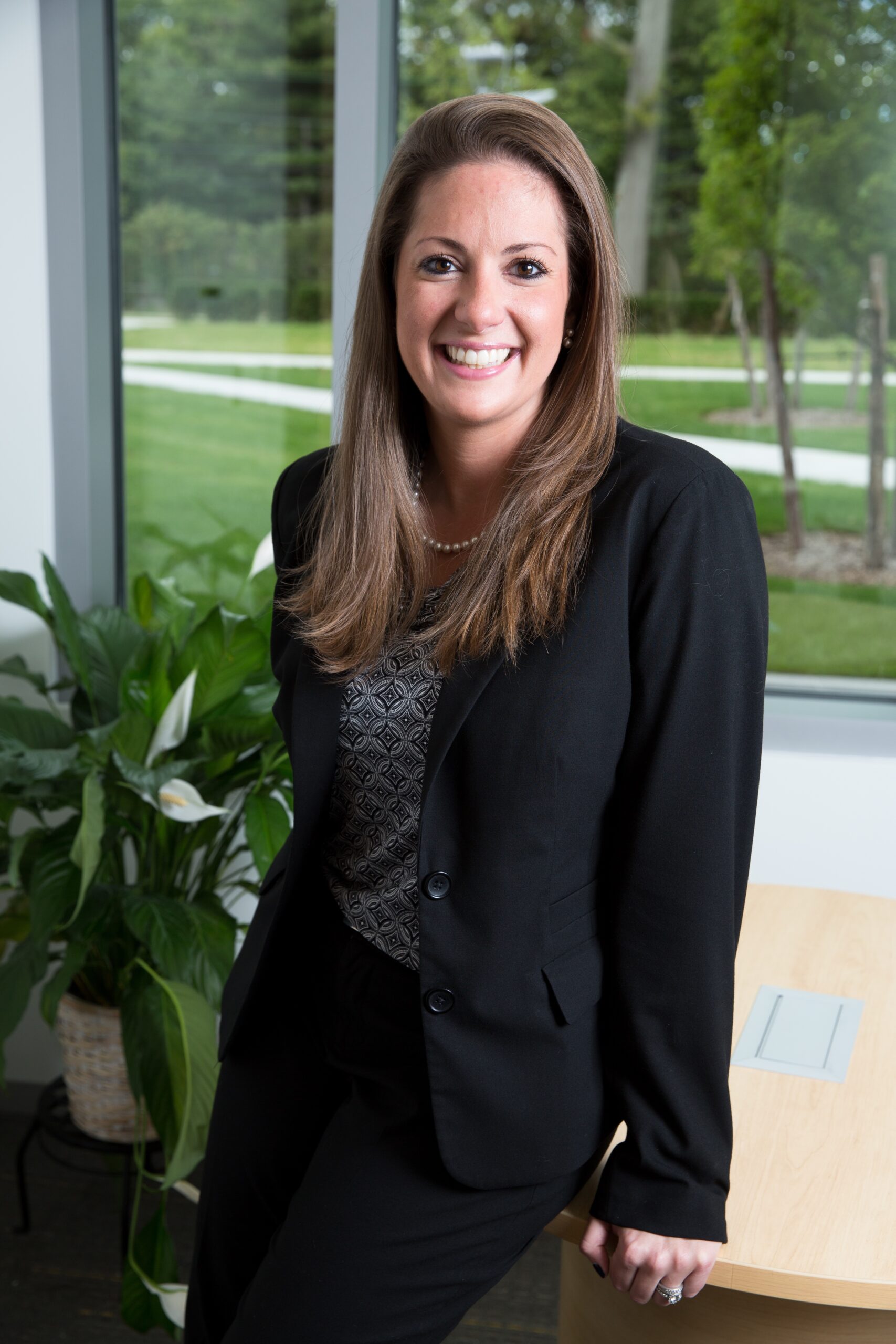
Crunching potato chips with a little extra force than usual, I tried to muffle the noise. I excused myself from the table of university executives enjoying a working lunch—many of whom were men—and hurried into the restroom to disconnect the automatic breast pump and stash away the milk bags in a small cooler packed with ice, a reminder of the constant juggle of my two identities as university leader and new mother. I scanned my phone for texts, checked the nanny cam and headed back in to finish our executive roundtable discussions.
I don’t imagine that our first women trailblazers in higher education—including Patsy Mink, Title IX champion, or Emma Elizabeth Johnson, America’s first woman to serve as president of a coeducational university—would quite recognize the ways we juggle higher ed leadership and families today.
After a generous maternity leave, during which our president—the first woman to hold that role in our university’s history—suggested I not read email, I am back leading the enrollment, financial aid, communications and marketing strategy at Adelphi University, just outside of New York City. My departments comprise a multimillion-dollar portfolio with more than 80 employees under my guidance and direction.
As a mom at home, I co-lead the daily survival strategy of a 14-month-old baby and a 6-year-old labradoodle—and, at times, of an adult male in his mid-30s. And while my home operation is not quite a multimillion-dollar portfolio, the budgeting can be almost as complex.
Work-life balance
We leaders in higher ed administration need to do more than we used to do, with fewer resources and less time. My daily work prioritizes diversity and inclusion in a time of changing demographic patterns; promotes affordability in a time of growing student debt; and supports student success through career preparation in a time when outcomes are critical. This work contributes to the evolving relevancy and accessibility of higher education—work that will impact my daughter as I raise her to be motivated, passionate and a fierce advocate for other women.
Read: Women in IT: Research and timing on our side
While only temporary, my days are currently measured in meetings, media mentions and minute-by-minute enrollment dashboards—as well as by ounces pumped. In the 200-plus days I’ve been back in the office post-maternity leave, I’ve learned three things are true for higher ed leaders raising families.
- Be present in the moment. While in the office, I devote 100 percent of myself to my work. At home, I commit 100 percent of myself to my family. There are days when one requires more of my love, sweat and tears. I’m bound to be off balance at times and I’m OK with that.
Human moments unite us and create strong opportunities for empathy—a key element for team success.
- Allow yourself to be human at work. I once kicked off a large meeting in the conference room by telling a horrifying story of a malfunctioning breast pump. Another mom laughed and leaned in, apologizing to the group for her involuntary yawns due to toddler wake-ups. A dad patted her on the shoulder and said, “I remember those days.” Those human moments unite us and create strong opportunities for empathy, a key element for team success.
Read: Public health-focused universities come up short on paid parental leave policy
-
Build a culture of support at home and in the office. I’ve taken great pride in building a team of brilliant people (many of whom happen to be women and some who are mothers)—all of whom I encourage daily to bring forward innovative ideas and take reasonable risks. Together, we form a team that shares values, trust, confidence and accountability. Much like the team and partnership I’ve built at home, this culture of support allows for an environment where women in higher ed can be mothers and managers, for instance.
There are clear advantages to being a higher ed executive who is also a parent or guardian: I have become a strong supporter of flextime for my parent employees; I have newfound appreciation for our scholar parents and the online options that we can now offer them; and I have greater respect for the women on our board of trustees, who have risen so high in their respective fields while raising children of their own.
Read: Student lactation stations on campus
I sit here typing this from 30,000 feet in the air, on my way to a conference—my first flight away from my daughter. In the hours leading up to this flight, many tears were shed and lengthy reminder lists were taped up around the house. I’m glad I took a later flight: I got to enjoy one more messy breakfast with my smiling daughter.
Kristen Capezza is vice president of enrollment and university communications at Adelphi University in New York.






